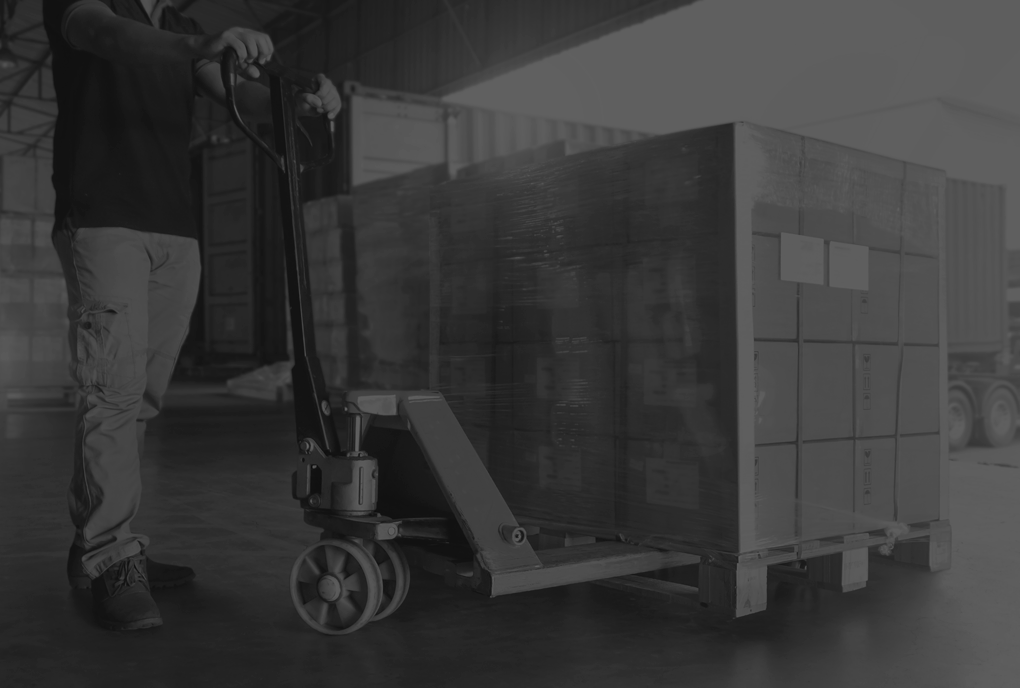Understanding LTL (Less Than Truckload) Shipping.

Navigating the world of logistics can be daunting, especially for small business owners and e-commerce entrepreneurs. In the vast ecosystem of freight transportation, one term that’s often pivotal but can be intimidating is LTL or Less Than Truckload shipping.
In this guide, we will explore the ins and outs of LTL shipping—from its importance and benefits to the unique challenges and solutions.
Defining LTL Shipping.
LTL shipping, short for Less Than Truckload shipping, is a transportation strategy that allows for the movement of smaller shipments which don’t require the full use of a truck’s load capacity. This method is highly efficient for small to medium-sized businesses that need to transport goods but whose freight doesn’t fill an entire truck. By consolidating shipments from multiple companies into one truck, LTL shipping offers a cost-effective and environmentally friendly option.
The Benefits of LTL Shipping.

Cost-Effectiveness and Reduced Wastage.
When choosing LTL, you pay only for the space your goods occupy in the truck, not for the full truck. This saves money by optimising vehicle space use and sharing transportation costs with other shippers. The reduced need for carrying excess inventory also means less waste and spoilage.
Flexibility in Shipping Volumes.
Whether you have a mix of products requiring different volumes or you’re still growing and the size of your shipments fluctuates, LTL’s advantages shine bright. Many carriers have a pricing structure that accommodates these variances without imposing hefty fines or fees for not using up all the space in a truck.
Reduced Carbon Footprint.
By reducing the number of trucks on the road through consolidation, LTL shipping is notably eco-friendly. This shared load approach significantly cuts emissions and aligns with the modern consumer’s preference for sustainable business practices.
Challenges and Solutions in LTL Shipping.

Despite its many benefits, LTL transport does present some unique challenges, such as ensuring the security and proper handling of your freight, especially when dealing with delicate items. Additionally, the complexity of LTL freight class determination and tracking can be daunting, but there are strategies to overcome these hurdles.
Tracking and Visibility.
Lack of transparency in shipping can be a major concern; however, technology and partnerships with carriers who offer robust tracking services can provide the necessary visibility to keep an eye on your shipments throughout their journey.
Handling Fragile Items.
To mitigate risks associated with fragile goods, advanced packaging techniques and clear labelling can be employed. Furthermore, building strong relationships with carriers can ensure that they understand the unique needs of your products.
Freight Class Determination
Understanding and correctly applying the National Motor Freight Classification (NMFC) system is essential to avoid billing disputes. Working with industry experts or using software that automates classification can simplify this process.
Best Practices for Small Businesses Utilising LTL.

For small businesses, navigating LTL shipping is about leveraging available resources and implementing smart strategies to ensure a smooth transportation process.
Choosing the Right Carrier.
Research is key to selecting a carrier that is compatible with your business needs. Consider the carrier’s network, service level, and experience with your type of products.
Packaging Tips for LTL Shipments.
The packaging of your products is their first line of defence. Make sure to use appropriate materials, fill voids within the packaging, and protect edges and corners to avoid damage during the transition.
Optimising Shipment Schedules.
Planning your shipments well in advance can help in obtaining better rates and ensuring timely delivery. Avoid peak times and work with your carrier to establish a mutually beneficial schedule.
The Impact of LTL on E-commerce.

The rise of e-commerce has shifted the paradigms of supply chain and logistics. For small online businesses, mastering the art of LTL shipping can be a game-changer.
Enhancing Customer Experience.
Customers have come to expect faster deliveries and shipment updates. LTL, when handled efficiently, can help meet those expectations by offering quicker transit times and real-time tracking.
Managing Shipping Costs.
Cost management is a primary concern for e-commerce entrepreneurs. LTL’s cost-effectiveness can help control these costs and ensure that they don’t eat into your margins.
Multi-Carrier Management in LTL.

Understanding the intricacies of various carriers and managing these relationships is crucial. Our previous post on multi-carrier management provides further insights into how to leverage multiple carriers to your advantage. It’s linked here: Multi-Carrier Management: Analysis and Recommendations
By working with a trusted third-party logistics (3PL) provider, small businesses can streamline the complexities of LTL shipping and effectively manage multiple carriers to optimise their transportation processes. This partnership can also provide access to discounted rates, further reducing costs for small businesses.
In Conclusion.

LTL shipping is a powerful tool in the modern logistics arsenal. Its ability to offer cost-effective, flexible, and environmentally responsible transportation solutions makes it a valuable resource for businesses of all sizes. By understanding the unique challenges it poses and implementing the recommended solutions and best practices, small business owners and e-commerce entrepreneurs can harness the full potential of LTL to streamline their operations and delight their customers.
Frequently Asked Questions.
Definition- LTL shipping, or Less Than Truckload shipping, is a shipping method where multiple shippers share trailer space to transport their goods. This means you don’t need to fill an entire truck with your freight, allowing for cost savings and more flexible shipping options.
Definition- FTL shipments, or Full Truckload shipments, on the other hand, involve shipping an entire truckload of goods from one shipper. FTL is typically used when the shipment is large enough to fill a trailer or when a dedicated truck is required for faster delivery times.
Choose LTL shipping if:
- Your shipment doesn’t require a full truckload.
- You want to save on shipping costs by sharing trailer space with other shippers.
- You have flexible delivery times and can accommodate multiple stops.
- You’re shipping smaller quantities frequently, like many e-commerce retailers and small businesses do.
The cost of LTL freight shipping is influenced by several factors, including:
- Weight and Dimensions: The total weight and size of your shipment.
- Distance: The distance between the pickup and delivery locations.
- Freight Class: A classification system that considers density, stowability, handling, and liability.
- Additional Services: Any special services like liftgate delivery, inside delivery, or residential pickup.
- Density: Higher density items may cost less per pound to ship compared to lower density items.
- Cost Savings: By sharing trailer space, you pay only for the space you use.
- Flexibility: Suitable for frequent shipments of smaller quantities.
- Real-Time Tracking: Many LTL carriers offer real-time tracking for better visibility.
- Environmentally Friendly: Sharing truck space reduces the number of vehicles on the road, contributing to lower emissions.